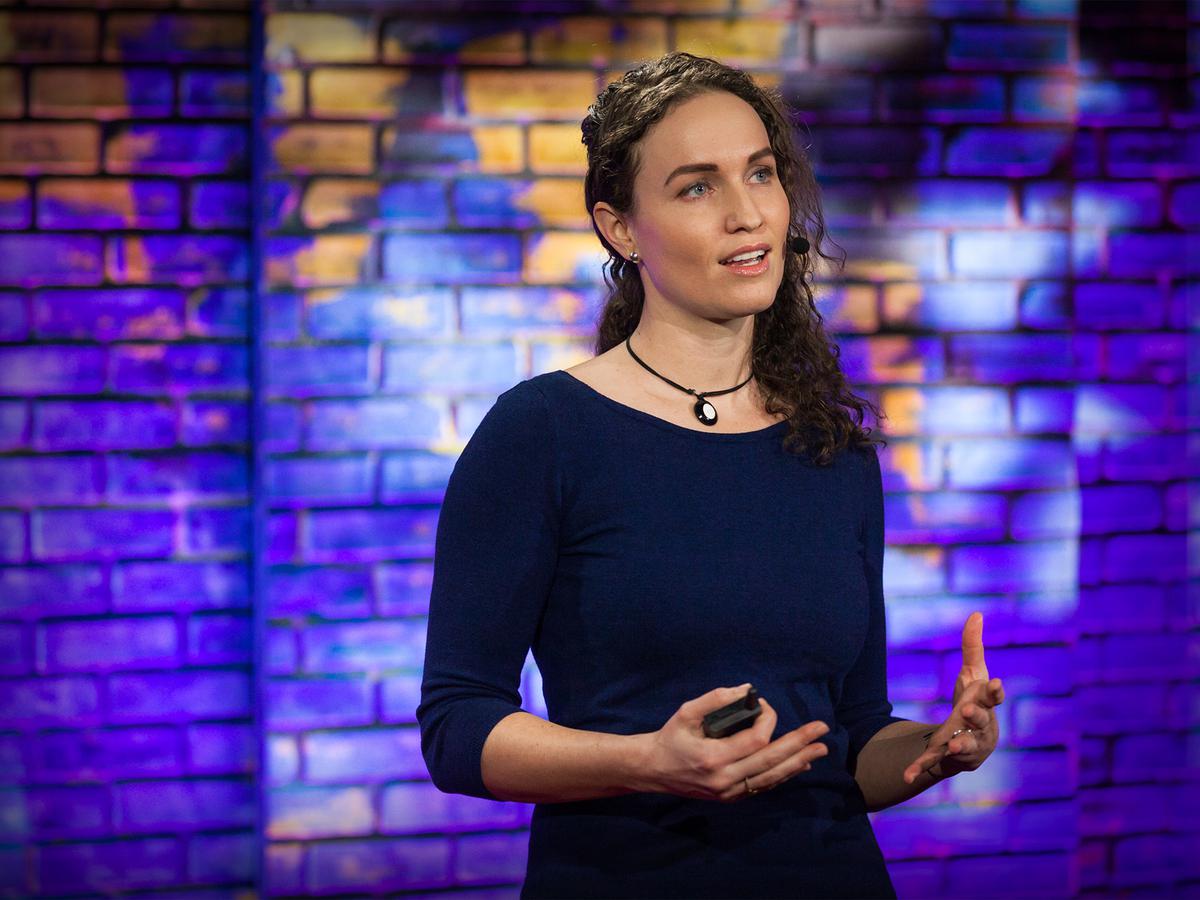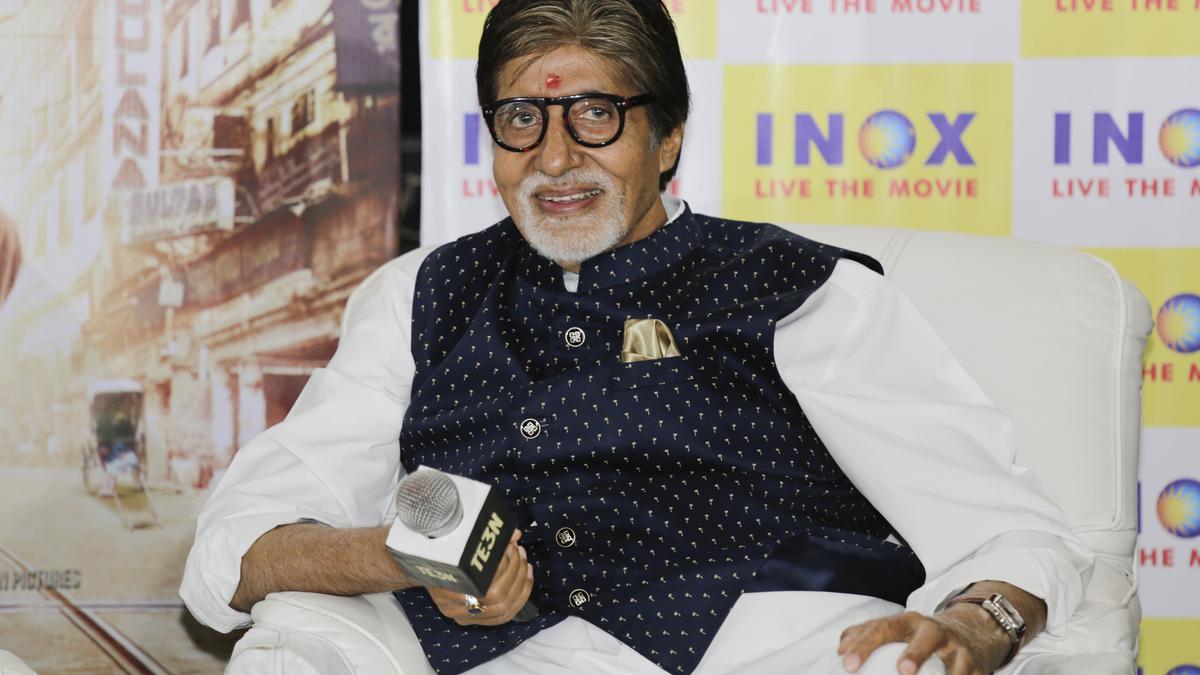If you live on the Internet, like I do, it is hard to have a conversation about J.K. Rowling without an eye roll, a nonchalant shrug or a shrewd hand gesture indicating we move on from the topic. The fifty-seven-year-old has become one of the most polarising figures in the culture wars of today. Some of her tweets are quoted by feminists to hail her as an icon while others use the same tweets to condemn her as a transphobe. While most of you reading this might have discerned the author through her Hogwarts characters, she is now inviting you into her castle in Scotland with the podcast The Witch Trials of J.K. Rowling to discuss her beliefs on freedom of speech, gender ideology and witchcraft.
The host of the podcast brings her share of intrigue to attract listeners. Megan Phelps-Roper is a former member and spokesperson of the Westboro baptist church, a Calvinist Christian sect that some organisations classify as a hate group. The members of the church indulge in picketing soldiers’ funerals and spreading hate against the LGBT community and minorities in America. British-American journalist Louis Theroux’s BBC documentary The Most Hated Family in America helped open the doors of the church to the world to look at an organisation where hate was the norm.
The first episode of the podcast kicks off with Rowling recounting the early 1990s after she lost her mother. The author opens up about the abuse she suffered at the hands of her ex-husband and the efforts she took to make the Harry Potter manuscript see the light of day. In the following episode, Phelps-Roper looks at the culture wars of the 90s in the United States when ‘Satanic panic’ was at its peak and positions the Harry Potter series’ impact in its milieu. She informs us that even a mention of the author’s name would attract accusations of mainstreaming witchcraft which would lead to Evangelical Christians admonishing Rowling and burning her books. Rowling takes this opportunity to comment on the issue of censorship.
Throughout the two episodes, Phelps-Roper, in an attempt to situate Rowling’s comments into their respective historical and cultural contexts often indulges in the tedious narration of the events, which feels like a distraction from her conversation with the author. While it is nice to see the highly-reserved JKR open up, the host’s rambling sometimes makes one wonder if her journalistic rigour is sufficient to dictate the direction of the podcast.
J.K. Rowling.
In the third episode, the conversation delves into the rise of fan forums that foster a global fan base for the fantasy series. Discussion forums encourage fans to inform themselves about the Harry Potter houses they fit into and divulge their theories and opinions about the books. These platforms also served as a safe space for kids who did not fit into the cliques at their school and allowed them to experience the joys of friendship in the virtual world. However, the author claims that the atmosphere started to sour with the proliferation of the internet and cites an incident when she went undercover on one of these platforms only to get bullied off it. Tumblr and 4chan, two very distinct platforms gained a stronghold with the youth and the medium started to morph into the message. While this is an interesting phenomenon to understand, the host turns it into an exhausting exercise; her constant emphasis on kindness in an attempt to show the world that she is now reformed is boring, if anything. Her constant need to put Rowling’s controversial tweets in the backdrop of America’s modern political events is futile and bizarre.
Now we come to episode four: TERF Wars (TERF is an acronym for trans-exclusionary radical feminist). We finally arrive at the issue that polarised her fans and as many allege saw the author fall from grace.
The fourth episode of the podcast maps the gains of the LGBT community in the early 2010s — from same-sex marriage being legalised in the United Kingdom to the increasing dialogue around and push for transgender rights. However, waters get muddy around the issue of self-ID. Gender self-identification is the concept that a person’s legal sex or gender should be determined by their gender identity without any medical certificates.
J.K. Rowling’s tussle with trans rights activists dates back to 2019 when Maya Forstater, a researcher at a think tank lost her job after tweeting that transgender women cannot change their biological sex. Enraged, Rowling tweeted in support of the researcher, “Dress however you please. Call yourself whatever you like. Sleep with any consenting adult who’ll have you. Live your best life in peace and security. But force women out of their jobs for stating that sex is real? #IStandWithMaya #ThisIsNotADrill.”
In 2022, Ms. Forstater won her claim that she was unfairly discriminated against because of her gender-critical beliefs.
She only doubled down on her beliefs in 2020 when she tweeted an opinion piece using the term “people who menstruate” and asked, “’People who menstruate.’ I’m sure there used to be a word for those people. Someone help me out. Wumben? Wimpund? Woomud?”
Radical feminists often frown at phrases that reduce women to their reproductive organs and processes earning them the label ‘TERF’ from trans rights activists for allegedly choosing to not incorporate inclusive language.
Time and again, the author has emphasised the need to have female-only rehabilitation spaces for female victims of sexual assault. The author also has repeatedly looked down upon systems that let children below the age of 18 undergo medical procedures to transition to the gender of their choice. Recently, The New York Times published an opinion piece defending Rowling and noting that her arguments for women’s rights do not infringe on trans rights.
The next three episodes continue to wrestle with gender ideology, her beliefs and why she invites scorn from certain sections of society. They touch upon the increasing number of de-transitioners, if allowing children below the age of 18 to transition does more harm than good and if transwomen can be allowed into sex-segregated spaces like female prisons and rape crisis centres. Rowling is adamant, set in her views and makes arguments for her camp.

Megan Phelps-Roper
| Photo Credit:
Youtube/TED
Throughout the podcast, Rowling comes across as a woman with strong opinions and layers of arguments supporting her views but struggles with the host who is keen on making them palatable to appease everyone. She squanders her chance at thoroughly probing the author and striking a conversation that gives the listeners some food for thought.
The guests who frequent the podcast are randomly chosen and fail to add nuance to the topic being discussed. For the sixth episode, she invites Natalie Wynn, a transwoman and a YouTuber and Noah, a seventeen-year-old transman, both American, to speak on the issue and their perception of Rowling. By inviting the duo on the podcast, the host is not only focusing on the anecdotal experiences of two randomly picked representatives of the trans community but also indirectly signalling that they are on an equal footing with Rowling to counteract her claims; Rowling does not feature in the episode and the listeners are yet again given a lesson in kindness.
Despite the allegations of transphobia against her, Harry Potter as a brand is raking in dollar bills with Warner Bros. selling a whopping 12 million copies of Hogwarts Legacy, an action role-playing game, worldwide.
The show ends with Rowling’s concerns for the political left which according to her is becoming increasingly puritanical and pushing the youth to alt-right ideology. She also affirms that she supports the rights of transgender people but wishes to keep them from the sex-segregated spaces of females. “There are more important things in this world than being popular, and that does not mean it is more important to me to be right but it is more important for me to do the right thing,” she remarks as she closes the doors of her castle to us.
The podcast is available on all podcast streaming services






